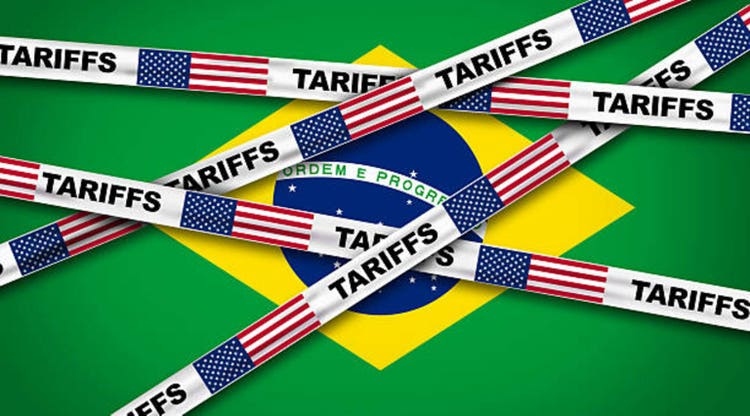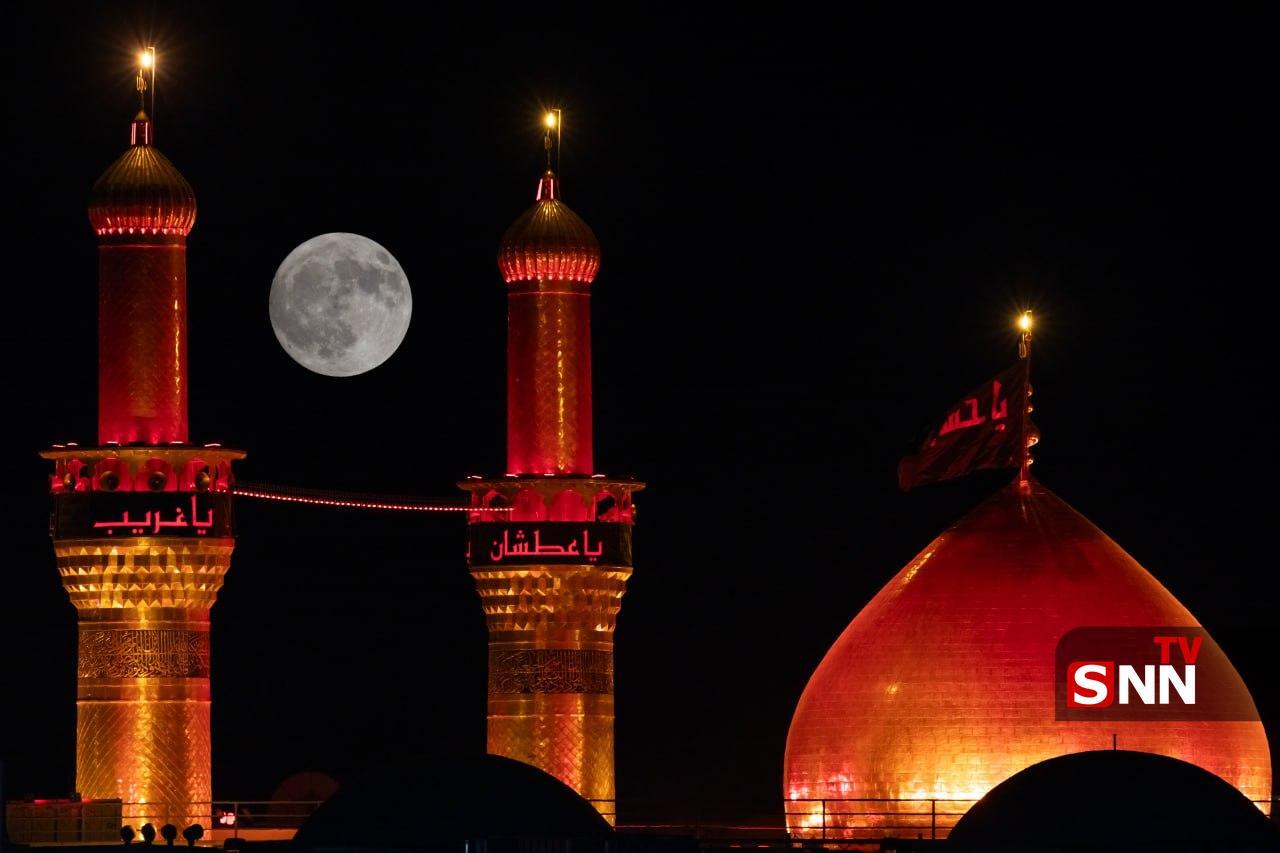Reiterating its stance on biofuels and natural gas as the country's "bridge fuels", the central government has answered growing concerns about the impact of 20 per cent ethanol-blended petrol -- formally known as E20 -- in aspects such as efficiency and vehicle life. In a statement, the Ministry of Petroleum and Natural Gas stated that E20 gives better acceleration, better ride quality and about one-third of the lower carbon emissions compared to E10. It also positioned -- once again -- E20 as a high-octane, cleaner-burning and partially renewable petrol alternative to conventional automobile fuels such as petrol.
Here are key takeaways from the ministry's latest response on concerns on the ethanol-blended fuels:
Biofuels and natural gas offer "a viable, non-disruptive transition" towards meeting India's commitments to "a greener world", in line with its target to make its long-term climate ambition of achieving net zero emissions by 2070 a reality.
Stating that ethanol-blended petrol reduces emissions by 30 per cent compared to non-blended fuel, the ministry said that teh greener fuels also offer transformative benefits in the form of benefits to the rural economy, the elimination of sugarcane arrears, and an improved viability of maize cultivation in the country.
The money that was spent on crude oil imports is now going to the farmer, who has become 'urjadaataa' (energy producer) apart from being 'anndaataas' (food grower) thanks to the ethanol blending programme, said the ministry.
Ethanol blending has resulted in savings of Rs 1.44 lakh crore
It also noted that oil marketing PSUs' ethanol blending practices have led to savings of more than Rs 1.44 lakh crore of forex, 245 lakh metric tonnes of crude oil substitution, and 736 lakh metric tonnes of CO2 during ethanol supply years 2014-15 to 2024-25 (till July 2025).
The reduction in CO2 emissions during this period is the equivalent of planting 30 crore trees, it noted.
At 20 per cent blending, the government estimates payments amounting to Rs 40,000 crore to farmers in the current year, along with forex savings to the tune of Rs 43,000 crore.
"Concerns related to performance and mileage being raised now were anticipated as early as 2020 by Government and an Inter Ministerial Committee (IMC) of the NITI Aayog examined them at length. This also was backed by research studies carried out by IOCL, ARAI and SIAM," noted the oil ministry.
'E20 gives better acceleration, better ride quality, 30 per cent lower carbon emissions compared to E10'
According to the ministry, ethanol’s higher-octane number -- around 108.5 compared to petrol’s 84.4 -- makes ethanol-blended fuels a valuable alternative for higher-octane requirements, crucial for modern high-compression engines.
E20-tuned vehicles boast better acceleration
"Vehicles tuned for E20 deliver better acceleration, which is a very important factor in city driving conditions. Additionally, Ethanol’s higher heat of vaporization reduces intake manifold temperatures, increasing air-fuel mixture density and boosting volumetric efficiency," according to the oil ministry.
Previously, petrol was sold in the country with a research octane number (RON) reading of 88. Today, regular petrol in the country comes with a 91 RON to meet the BS-VI requirements.
The 95 RON fuel -- E20 -- results in "better anti-knocking properties and performance", according to the ministry.
The notion that E20 causes a “drastic” reduction in fuel efficiency is "misplaced", it stated.
According to the ministry, vehicle mileage is influenced by a variety of factors beyond just fuel type, including:
- Driving habits
- Maintenance practices
- tyre pressure
- alignment
- air conditioning load
It also said that extensive talks have been conducted with industry body SIAM as well as prominent auto makers in this regard.
"The efficiency drop (if any) in E 10 vehicles has been marginal. For some manufacturers, vehicles have been E 20 compatible from as far back as 2009. The question of any drop in fuel efficiency in such vehicles does not arise," it added.
The alternative of going back to E0 petrol would involve losing the hard-fought gains on pollution and the success achieved in energy transition, it said.
Should ethanol-blended petrol be cheaper than non-blended fuel?
About concerns that ethanol-blended petrol should be cheaper than non-blended fuel, the ministry said that such ideas are traced to NITI Aayog report prepared in 2020-21, when ethanol was cheaper than petrol.
"Over time, (the) procurement price of ethanol has increased, and now the weighted average price of ethanol is higher than cost of refined petrol," according to the oil ministry.
As of July 31, the average procurement cost of ethanol is Rs 71.32 per litre (inclusive of transportation and GST) for the ethanol supply year 2024-25. "For producing E20, OMCs blend 20 per cent of this procured ethanol with motor spirit (MS). The price of C-heavy molasses-based ethanol increased from Rs 46.66 (ESY 2021-22) to Rs 57.97 (ESY 2024-25). The price of maize-based ethanol increased from Rs 52.92 to Rs 71.86 over the same period. Despite the increase in price of ethanol in comparison to petrol, the oil companies have not gone back on the ethanol blending mandate because the programme delivers on energy security, boosts farmers’ incomes and environmental sustainability," said the Minsitry of Petroleum and and Natural Gas.
E20 use has no impact on vehicle insurance validity
"Some seek to derail" a national programme as ethanol blending "by fomenting fear and confusion in the minds of car owners", noted the ministry. This is done by selectively picking information and creating a false narrative that insurance companies will not cover car damage due to the use of E20 fuels, it added.
"This fear mongering is totally baseless and has been clarified by an insurance company whose tweet screenshot was deliberately misinterpreted to create fear and confusion. Usage of E20 fuel has no impact of the validity of insurance of vehicles in India," it said.
The central government remains committed to promoting cleaner, more sustainable fuel options while ensuring that such transitions are implemented with minimal impact on consumers, it concluded.

 18 hours ago
1
18 hours ago
1

















 English (US) ·
English (US) ·